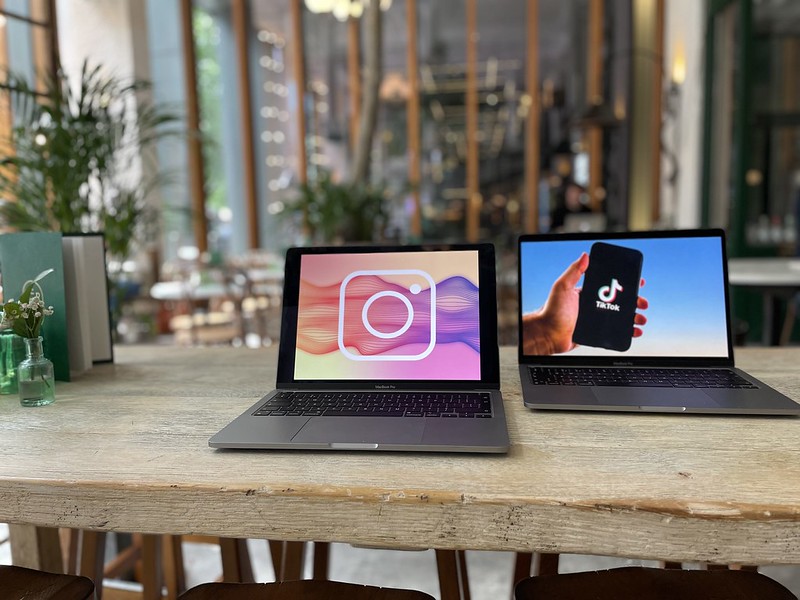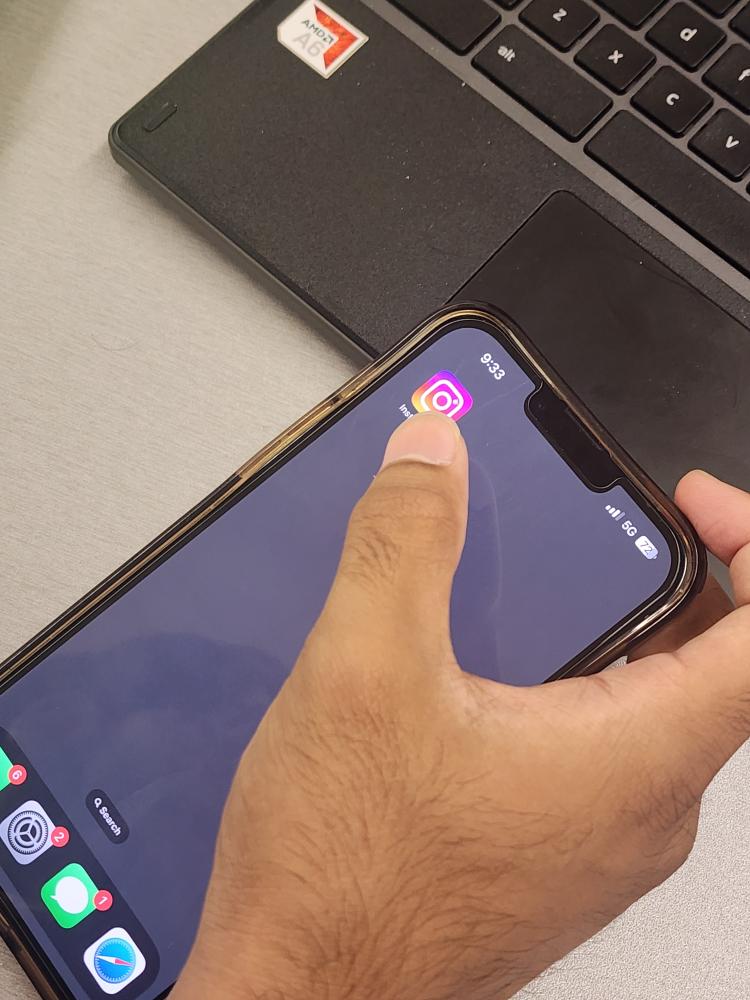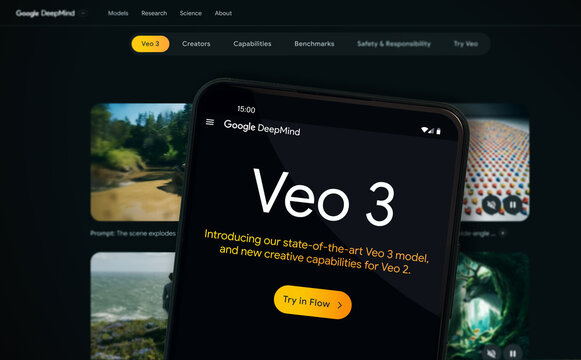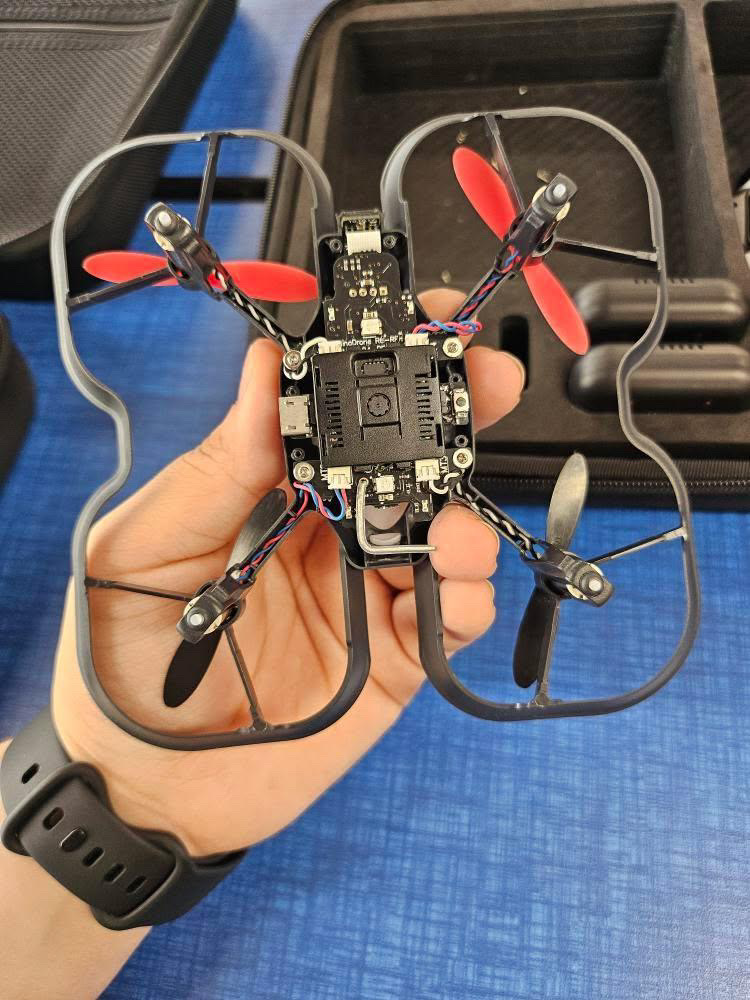In a world where scrolling is second nature, politics is no longer something we only hear about on the news or learn in history class.
For many high school students, it’s in our feeds mixed in with dance trends, memes, and daily posts. Social media platforms like TikTok, Instagram, Twitter, and Facebook have become powerful tools in shaping how we think about politics and how we choose to engage with it.
To understand this influence more clearly, We interviewed four students about their personal experiences with political content online. Their answers reveal a mix of curiosity, caution, and concern. While some say social media helped them become more politically aware, others are more hesitant, pointing out how overwhelming and even divisive it can be.
Feeling the Pressure to Post
One common theme was the pressure to agree with certain political opinions online. “Yeah, sometimes I do,” said one anonymous 11th grade student. “It feels like if you don’t post about certain issues or agree with popular opinions, people might judge you or think you’re uninformed.”
Another student shared a similar thought but explained why they stay quiet online,“I usually don’t post political stuff. I might like something or watch videos, but I don’t want to get into arguments or be misunderstood.”
For many teens, it’s not just about what you believe, but how and when you express it online and whether or not that expression is considered “enough.”
Changing Minds in a Digital Space
Several students admitted that social media had changed how they viewed political topics, especially when personal stories were involved. One student said, “I think I’ve changed my mind about certain topics, like climate change and even voting. Seeing videos of people explaining things clearly or sharing personal stories made me think about it differently.”
Another student talked about gun control and how their opinion shifted after seeing emotional posts following school shootings. “The emotional stuff hits the hardest,” they said. “When it’s students or families speaking about what they went through, it feels more real.”
These stories show how social media can be a space for learning and empathy, not just arguments and opinions.
The Struggle to Find the Truth
Of course, not everything we see online is accurate or even real. Misinformation spreads fast, especially when it comes in the form of viral videos or eye-catching posts. “Once I shared a post about a new law that turned out to be fake,” one student admitted. “Someone messaged me and told me it wasn’t true, so I deleted it and felt kind of embarrassed.”
Many students mentioned that they now double-check what they see before reposting. Trusted sources like BBC, Reuters, and verified TikTok creators who cite their facts were mentioned more than once. But even with these habits, most agreed that it can be hard to tell what’s reliable in such a fast moving environment.
Living in an Echo Chamber
Another big concern students brought up was the idea of “echo chambers” when you’re only exposed to opinions that match your own. “The algorithm kind of pushes content you’ve liked before,” said the 11th grader. “So if you mostly agree with one side, that’s all you really see.”
One student said it plainly: “We see different versions of reality sometimes.”
This divide can make it harder to have real conversations with people who disagree, especially when everyone thinks the content they see is the full picture.
Activism or Just a Trend?
Still, many students see the positive side of social media when it comes to activism. “Social media makes it easier to organize protests, share petitions, or raise money,” one student said. “TikTok especially is powerful because people can go viral and spread awareness super fast, even if they’re just teenagers.”
Another added, “You can spread info fast and get people involved who normally wouldn’t care.”
But others warned that going viral doesn’t always mean something is true or helpful. “It also has downsides when things go viral that aren’t even accurate,” one student said. That tension between impact and accuracy is something students are very aware of.
A Tool That’s Here to Stay
If social media didn’t exist, most of the students agreed that young people would probably be less politically involved. “Most teens don’t watch the news or read newspapers,” one student explained. “Social media is kind of how we find out about things now.”
But that access comes with responsibility. As one student pointed out, “It’s helped me think more critically. Like, I saw both sides arguing about climate change, so I started looking stuff up myself.”
In the end, social media is not just a distraction—it’s a digital space where political beliefs are being formed, challenged, and shared. For better or worse, it’s changing the way this generation experiences politics.









